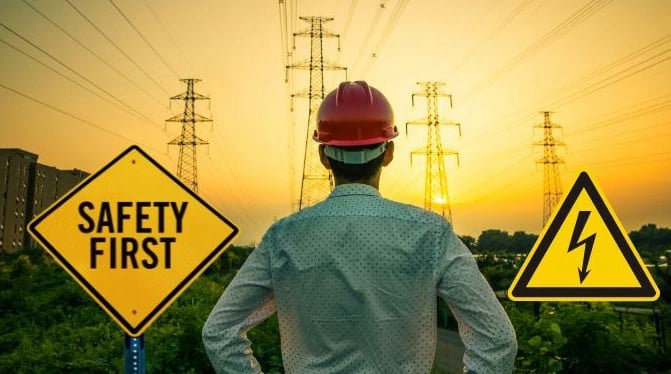
Understanding Electrical Safety Standards in Ireland
Electrical safety is a critical concern in both residential and industrial environments. In Ireland, the National Rules for Electrical Installations (ET101/ET105) set the benchmark for safe wiring practices. These regulations cover everything from proper earthing techniques to circuit protection, ensuring that all installations meet rigorous safety criteria to prevent electrocution and fires.
One of the most overlooked aspects of electrical safety is the importance of Residual Current Devices (RCDs). These life-saving switches cut off power within milliseconds if a fault is detected, significantly reducing the risk of fatal shocks. Irish regulations mandate RCD protection for all socket outlets and outdoor circuits, yet many older homes still lack this crucial safeguard. Upgrading your electrical panel to include RCDs should be a top priority for any renovation.
Another key consideration is certification. Any major electrical work in Ireland must be carried out by a Registered Electrical Contractor (REC) and certified via an Electrical Completion Certificate. DIY work on fixed wiring not only voids insurance but can also lead to catastrophic failures. Always verify that your electrician is RECI or ECSSA certified before hiring.
Finally, routine inspections are vital. The Electrical Safety First initiative recommends periodic testing (e.g., every 10 years for homes, 5 for rentals). These checks uncover degraded wiring, overloaded circuits, and obsolete fuse boxes—common hazards in Ireland’s aging housing stock. Investing in professional testing today can prevent costly (or deadly) consequences tomorrow.